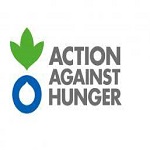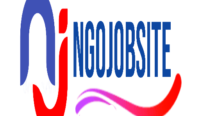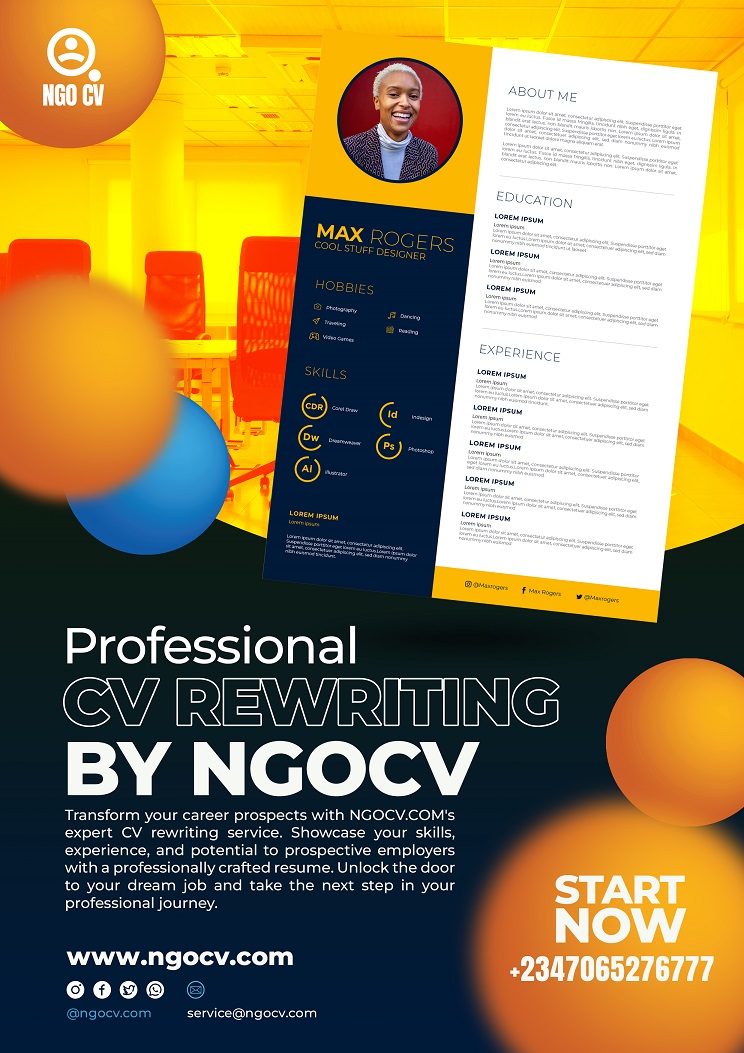
Action Against Hunger | ACF International, a global humanitarian organization committed to ending world hunger, works to save the lives of malnourished children while providing communities with access to safe water and sustainable solutions to hunger.
Project and Study Summary Table
Reference of the Assessment PD-ABU-01740-001
Project Name Final External Evaluation for European Union (EU) Commission Project Support to Response, Recovery and Resilience in Borno State North Eastern Nigeria
Location (country region/s) Nigeria, North East – Borno
Sector Food Security & Livelihoods, Nutrition & Health, Water Sanitation & Hygiene
Implementing Partners (if applicable) N/A
1. Project Background
1.1. Rationale for the Project
The past ten years of violence between the Nigerian armed forces and armed opposition groups in North East Nigeria have caused mass displacement and drained state and community resources
Of the LGAs analyzed in the three north east states, Adamawa State is largely under pressure with four (4) LGAs in crisis; Borno State is largely in the crisis phase of food and nutrition insecurity with
eight (8) LGAs in emergency; while Yobe State is largely in crisis with five (5) LGAs facing pressure in their food and nutrition security situation CH Analysis 2020.
Previously inaccessible areas in North-Eastern Borno are now opening, revealing populations in dire need of support. The conflict has left a significant number of people with no assets, which has
decreased food security and led to negative coping strategies, such as reduced number of meals, child labour, asset selling, and debt contraction.
According to CH analysis 2020 however, for the four updated states (Adamawa, Borno, Kano and Yobe), a total of 5,768,602 million people (representing 19% of the analysed population in these
states) require urgent assistance in the current period (June – Aug, 2020). This is 5% more than the 4,283,041 people projected to require food assistance in these four states during the March, 2020
CH analysis.
In the three North East states highly affected by the insurgency; Borno, Adamawa and Yobe States, only about 50%, 73% and 76% of households were involved in the 2019/2020 cropping season
respectively. Rice production in Kano state for 2019/2020 dry season fell below average. Pastoral resources such as fodder and water for livestock will follow normal seasonal trend as normal rainfall
is expected in the states.
1.2 Geographical scope covered by the analysis
The geographical scope of the evaluation will cover Borno States, Nigeria (This is subjected to change depending on security concerns).
2. PURPOSE AND OBJECTIVES OF THE STUDY
2.1. Objectives of the Evaluation
This evaluation will be conducted as an exercise of accountability towards the donor an beneficiaries. The evaluation aims to provide useful insights for program learning and accountability
especially in light of the transitioning process, recovery and resilience in Borno State.
The overarching purpose of the evaluation is to assess the overall performance of the project and to determine if it has achieved its intended outputs and outcomes across the various sectors. Likewise,
the evaluation would clearly explain why (or why not) these outputs and outcomes were achieved through an integrated analysis of the entire result chain (inputs, activities, outputs outcomes and
Likelihood of Impact) and other contextual factors. The evaluation will use OECD DAC criteria (effectiveness, efficiency, relevance, sustainability and impact) in addition the consultant will look at
design, coverage and coherence. The consultant will draw and extract the best practices, lesson learned, what worked and what did not and recommendations to enhance the quality of AAH future
programming for FSL, WASH, Nutrition & Health activities.
3. Profile of the Evaluator
The evaluation will be carried out by an international/national evaluation consultant(s) with the following profile:
- Knowledge in Nutrition (CMAM, SAM, MAM, GAM), Food Security and Livelihood, Water Sanitation and Hygiene sectors;
- Significant field experience in the evaluation of humanitarian / development projects;
- Relevant degree / equivalent experience related to the evaluation to be undertaken;
- Significant experience in coordination, design, implementation, monitoring and evaluation of programs preferably Nutrition and Health, FSL and WASH sectors;
- Good communications skills and experience of workshop facilitation;
- Ability to write clear and useful reports (may be required to produce examples of previous work);
- Fluent in English;
- Understanding of donor requirements (European Union) including donor evaluation guidelines ;
- Ability to manage the available time and resources and to work to tight deadlines;
- Independence from the parties involved;
- Familiarity with the context of the humanitarian situation in (BAY States) Northeast Nigeria will be an added as advantage.
Method of Application
All interested consultants should send expression of interest electronically before 18 th November 2021 with subject “PD-ABU-01740-001_EoI for EU Independent Final
Projects Evaluation Consultancy Service” to: [email protected] in order to receive the full ToR. Proposal without request of the full ToR will not be accepted.




